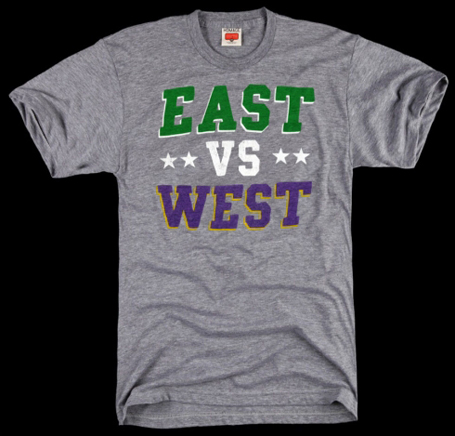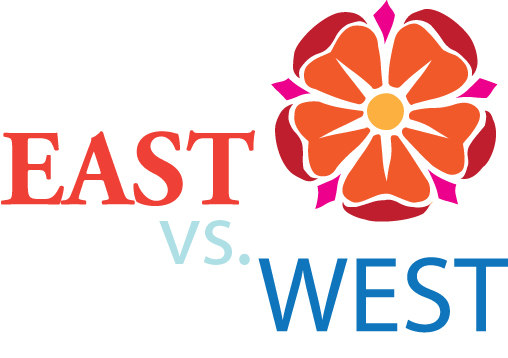By Hanna Lindstrom
The psychology associated with the East differs so greatly from that associated with the West that often the Eastern version is not considered psychology at all; Western psychology is differentiated from Eastern spirituality. But insofar as each has a view of the mind and the self, or of the psyche, both can be said to have a psychological view. However, a growing number of those studying the way students’ minds develop or how to ease the anguish of mental disorders are finding that pulling elements from both sides may very well create the most balanced recovery path.
In the West, dating back to the time of Sigmund Freud, the self or the ego has a central position. In the East, it is said that the concept of self is a delusion, and what could be called psychological practice involves dissolving the ego. Whereas the Western approach is more scientific and analytical, the Eastern is based primarily on religion, especially Taoism, Hinduism and Buddhism. Western psychology is involved with “improving” or supporting the mind or ego and making it “healthy” while Eastern psychology is involved with making the individual aware of the interconnectedness of all things, teaching that he is no more individual than a drop of water in the ocean.
Eastern psychology or spirituality is oriented toward the eventual “liberation” or “enlightenment” of the individual, while Western psychology is concerned with the individual’s behavior, or healthy integration into society. Carl Jung, who practiced from the early to mid-20th century, spoke of “self-realization” or “self-actualization” and the process of achieving this involved paying close attention to one’s dreams, even having them psychoanalyzed. Osho, an Indian guru who wrote mainly from the 1960s to 1980s, said that Western man has no concept of self-realization, for even the great psychological minds were not self-realized men. He said self-realization is an absolute silence, a no-mind, where the possessiveness, ambition and jealousy of an “ordinary” man like Jung cannot exist.
Indeed, the self of Western psychology is seen to be the root of all evil by some Eastern thinkers (who don’t think of themselves as thinkers). Osho speaks of the fruits of Western psychology: “Your ego will be strengthened, your mind will be stronger. The less trouble there is in the mind, the more strong mind will be. You will have a new lease for the ego. So what psychoanalysis can do is to make your ego more grounded, more centered; to make your ego stronger, more confident. Of course, you will be able to exist in the world better than before, because the world believes in the ego. You will be more able to fight in the struggle for survival.” But according to the Buddha, the idea of a separate self “produces harmful thoughts of ‘me’ and ‘mine,’ selfish desire, craving, attachment, hatred, ill-will, conceit, pride, egoism, and other defilements, impurities and problems.”
If you take away the five parts of a person, or skandhas — form, feelings, perceptions, impulses and consciousness, according to Buddhist thought — there will be no independent ego, soul or self left over. This contradicts Western thinking dating back two thousand years to Philo and Plotinus. Eastern spirituality might have more peace of mind to offer, but Western psychology probably makes people better able to function in Western society.
For more event coverage, listings and special interviews, please follow us: https://www.facebook.com/AsianInNYFans


I thoroughly enjoyed this. Excellent article. Thank you 🙂
The term Hinduism also occurs sporadically in Sanskrit texts such as the later Rajataranginis of Kashmir (Hinduka, c. 1450), some 16th-18th century Bengali Gaudiya Vaishnava texts, including Chaitanya Charitamrita and Chaitanya Bhagavata, usually to contrast Hindus with Yavanas or Mlecchas..-:-